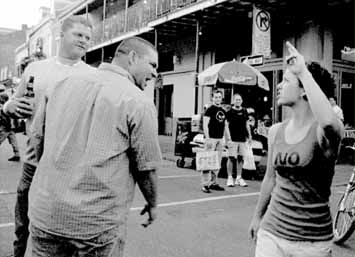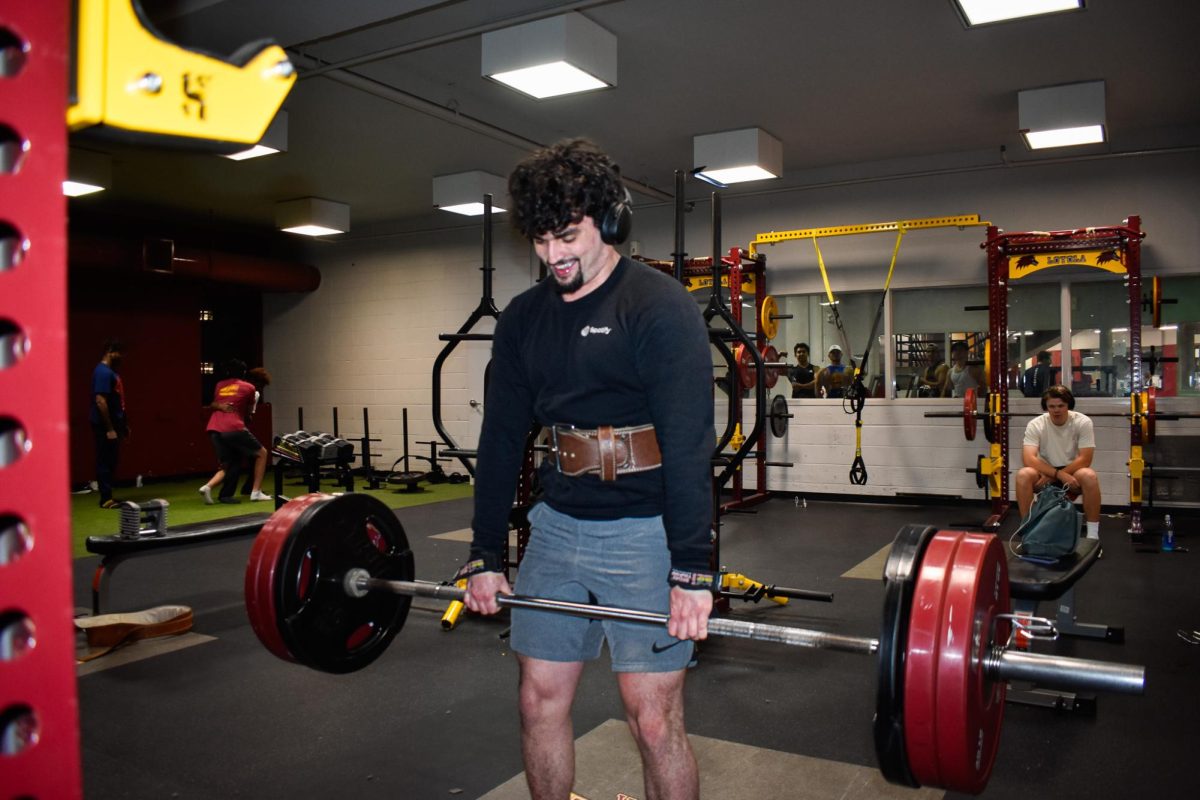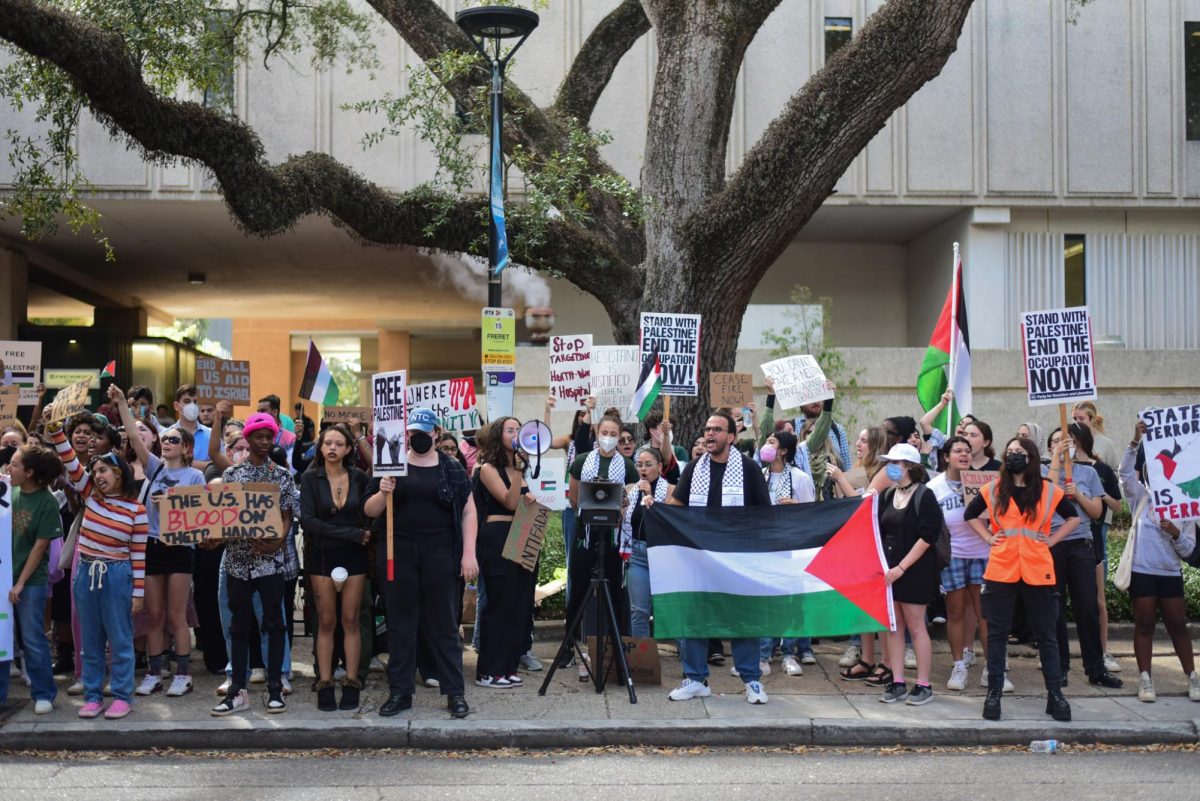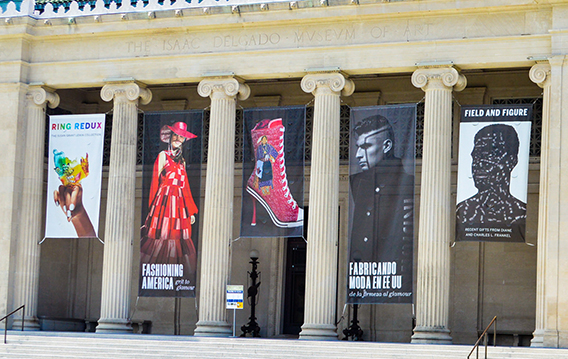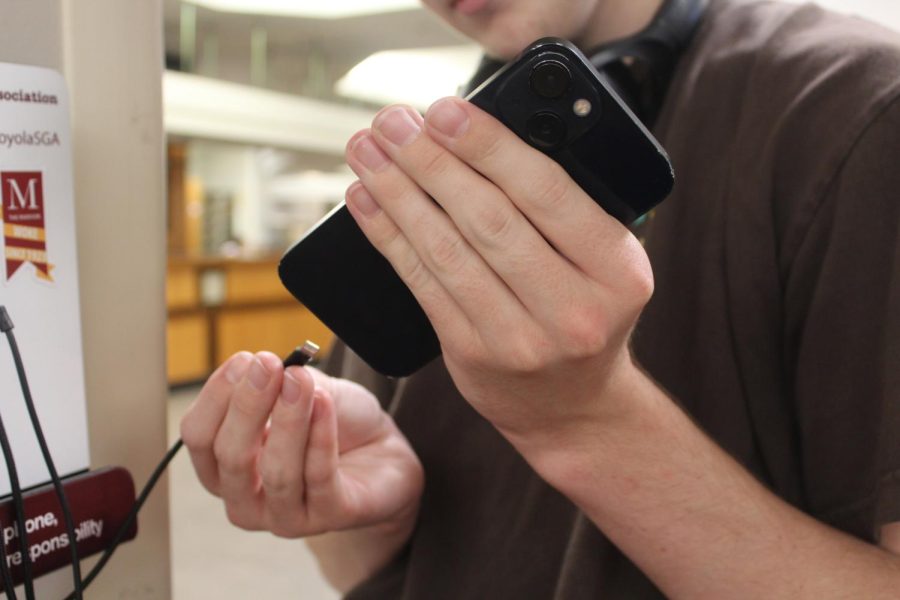As I write this, I’ve just come from watching a crowd of the residents of Baghdad as they pull down a statue of Saddam Hussein.
The people of Iraq may be on the verge of gaining a new freedom, but we constantly run the risk of losing ours.
In a debate I had recently at a local church with Bill Quigley, director of the Law Clinic, on the matter of Iraq, he and I agreed on one thing.
The United States is entering into a new role in world affairs, one fraught with perils.
Coincidentally, I am now reading a biography of the Roman statesman, Cicero. In the book, Rome has become a great and powerful empire, but is about to lose its liberty.
Like the Romans, the United States has become a preeminent world power and, like the Romans, the people of the United States could lose their liberty in the process.
The dangers will come from both the Left and the Right.
The traditional threat from the
Right is called Nativism. Some misguided Americans have confused the greatness of the United States with race, religion and ethnicity.
They fail to recognize that the greatness of this country resides in its regime, that is to say, in its Constitution, with all of its liberties and duties, not in its bloodline.
There is, however, an equal threat to liberty from the Left.
The danger stems from a lack of intellectual vigilance, from failing to see that the quality of our thinking improves when we think against ourselves.
Many people on the Left suffer from a dangerous moral self-certainty.
They believe that, since they have made a heart-felt commitment to the least-advantaged, that their beliefs are now grounded in an indisputable moral and intellectual basis.
I suggest that this is not the case.
It is good to care about the least-advantaged and to act on that care.
Yet, our good intentions do not erase our moral and intellectual limitations.
Our brains remain physical organs. They still pulsate away in this finite world, and are equally subject to all of its vagaries.
We can forget this, especially when we are in the throws of an enthusiasm, one perhaps brought on by religion or by some theory.
Then we begin to undervalue liberty, to treat it as if it were a petty luxury, one blurred in our own fluorescent vision.
The primary worth of civil liberty, I assert, is precisely that of debating vigorously the pressing issues of public policy.
The fact that we are white, or that we are Catholic, or that we are anything else, does not rescue us from our own human fallibility.
That is why I prefer the reality of the democracy in which I live to the aristocracy of which I like to dream.
This also is why I have campaigned, and will continue to campaign, for civil discourse on this campus.
Let us be free to champion our heart-felt beliefs, but let us not allow the clanging of our own opinions to drown out the opposing views of others.
They just might do us some good.
Roger White is an associate professor of political science at City College.

On the Record







